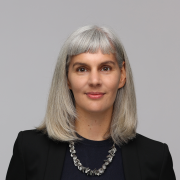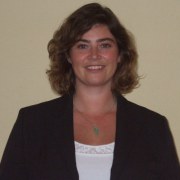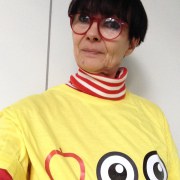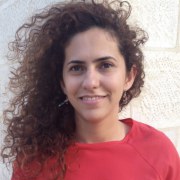ISCSMD – marketing gag or impact boost?
Find this session's presentations here.
On 10 November 2016, science centres and science museums worldwide celebrated the first International Science Center and Science Museum Day (ISCSMD). On that day, many of us addressed the Sustainable Development Goals (SDGs) declared by the United Nations through interactive activities, exhibits and programmes.
In this session we will critically discuss the benefits of such internationally coordinated efforts from an institutional perspective. Why did we decide to participate in this global day of action? What were our motivations and the benefits we expected – and did they actually manifest themselves (in terms of visibility, visitors, content development, media attention, network partners…)? We will listen to critical and enthusiastic voices and use this inspiration to engage in in-depth-discussion.
In the light of a probable continuation of ISCSMD in 2017, we will build on our experiences from 2016, but also look ahead. In small groups, we will talk about "lessons learned" and discuss suggestions for the future. Is it worth participating in an internationally coordinated activity such as ISCSMD?
Session speakers
Penny is the CEO of ASDC, a national charity that brings together the UK’s major science engagement organisations. Together these organisations engage over 20 million people (10 million girls and women) with science each year. Penny has created and directed many national strategic science engagement projects on subjects ranging from astrophysics and Tim Peake's mission to molecular biology and sustainability. Each programme has an emphasis on bringing the latest excellent science and scientists to the fore so adults and children across the UK can get involved with science.
In 2016, for International Science Centre day, ASDC worked with Woolsthorpe Manor in the UK, who own the apple tree that Sir Isaac Newton was sitting under when he was inspired to come up with the theory of Gravity.
They collected the apple seeds in autumn and we sent these seeds to member science centres across the UK. The centres planted the seeds and have been nurturing them in the fridge over winter and in March we had the first little sprouts of Newton's Apple seeds which will be celebrated locally.
Head of Communications & PR
MUSE participated to the ISCSMD 2016 with a limited quantitative result, both in terms of public and media coverage.
However, as we all know, one shot only is not enough to evaluate the success of such an event, being this the first edition.
To plan a yearly appointment over the time might give power to the special Day, providing a stronger tool in terms of media attraction and stakeholder networking.
The coming editions could be improved also by a coordination within the countries, in order to share activities, ideas and to organise coordinated experiments.
Development & Experience Design
Education and Programs Manager
The Children's Museum Jordan





